Why Tracking Meaningful Moments (Not Daily Tasks) Is the Secret to Feeling More Alive
Discover why astronauts track meaningful experiences instead of daily tasks to combat time distortion. Learn how a reflective calendar can make life feel wider and richer
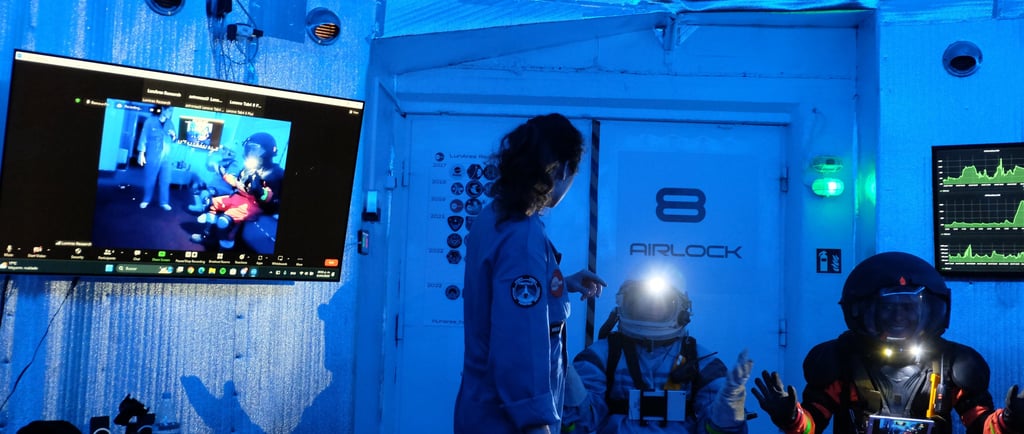

Most calendars ask: "What's next on your schedule?"
But what if the better question is: "What have you lived?"
While traditional planners keep you chasing the next meeting, deadline, or task, your life is quietly passing by—measured in checked boxes rather than cherished memories.
There's a different way to experience time. One inspired by astronauts in space who discovered that tracking meaningful moments, not routine tasks, kept them grounded and present.
The Astronaut's Secret: How Isolation in Space Revealed a Better Way to Track Time
When astronauts spend months in space, something strange happens: time starts to blur. Without sunrises, weekends, or seasonal changes, days become indistinguishable. The monotony of routines makes weeks feel like days—or sometimes, makes time disappear entirely.
As documented in real analog astronaut missions, researchers (my own personal experience of being an analog astronaut) found that in full isolation (living in enclosed spaces with no natural light, monotonous food, and repetitive routines) time warps completely and inevitably.
To combat this time distortion, astronauts developed techniques to mark meaningful moments:
Overview effect: Zooming out to see what truly matters
Time dilation: Identifying experiences that made time feel slower and richer
Temporal anchors: Creating memory markers that prevent days from blurring together
These aren't productivity hacks. They're survival tools for staying connected to your sense of time, purpose, and aliveness.
And they work just as powerfully on Earth where we face our own version of isolation: endless routines, back-to-back Teams calls, and Netflix binges that make months evaporate.
How It Works
Traditional Calendar:
Monday: Team meeting, lunch with Sarah, dentist appointment
Tuesday: Project deadline, gym, grocery shopping
Result: Days blur together
March: Published my first article, camping trip where I saw the Milky Way, deep conversation with Mom about her childhood
June: Quit my job to travel, learned to surf in Portugal, realized I want to teach
Result: A vivid map of your journey
The Science: Why Reflecting on Meaningful Moments Changes How You Experience Time
1. Memory Density = Perceived Time Length
Your brain judges time by how many distinct memories you formed. More memorable moments = time felt longer.
A week of routine work creates 1-2 fuzzy memories.
A week of travel creates 20+ vivid memories.
By intentionally tracking meaningful experiences, you're training your brain to notice and encode them—which literally makes your life feel longer.
2. The "End-of-Life" Perspective (Without Waiting for the End)
Psychologists call it the "deathbed test": Will you remember this moment in 50 years?
Most daily tasks fail this test. But when you regularly reflect on meaningful moments, you clarify what actually matters—and start prioritizing those experiences.
3. Combating "Temporal Monotony"
Just like astronauts in space, we experience temporal monotony when our environments and routines are unchanging. The Wide Time Calendar acts as your temporal anchor: marking moments that break the sameness and give your sense of time structure.
During a 15-day analog astronaut mission, researchers discovered that without markers of meaningful experiences:
By day 4, routines already started repeating and "newness" was slowing down
By day 7, time had already warped—only events outside routine (EVA experiments, crew activities) distinguished days
By day 9, time warped "totally and inevitably"
The solution? Creating daily intentional markers: reflecting on achievements, setting objectives, doing team activities together. These became the temporal anchors that prevented complete time dissolution.
10 Ways to Use the Wide Time Calendar to Live Wider
1. Track First-Time Experiences
Note any "firsts": first solo trip, first time cooking a new cuisine, first book you published. These create vivid memories and expand your felt life.
2. Capture Perspective Shifts
Record moments when your worldview changed: a conversation that challenged your beliefs, a book that rewired your thinking, an experience that showed you a different way to live.
3. Document Relationship Milestones
Not just big events (weddings, births) but small, transformative moments: the night you finally opened up to your partner, the walk where you and your friend solved each other's problems.
4. Map Creative Breakthroughs
For artists, writers, and creators: track when you had a creative epiphany, finished a meaningful project, or pushed through resistance to create something true.
5. Note Acts of Courage
Times you did something scary: had a difficult conversation, took a career risk, traveled alone, stood up for your values. Courage creates memorable moments.
6. Record Travel & Exploration
Not just where you went, but what the experience gave you: the realization you had watching the sunset in Kyoto, the sense of freedom you felt hiking alone.
7. Celebrate Learning Moments
When you finally understood something complex, learned a new skill, or had an "aha!" moment that changed how you see the world.
8. Mark Moments of Connection
Times you felt deeply seen, loved, or understood. Or when you provided that for someone else.
9. Acknowledge Challenges & Growth
Difficult experiences that transformed you: loss, failure, illness, heartbreak. These often create the most meaning.
10. Reflect Quarterly
Every few months, look back at your Wide Time Calendar. Ask:
Am I living wide or just long?
What experiences do I want to create next?
What patterns do I notice in what makes me feel alive?
Who Is the Wide Time Calendar For?
This isn't for people optimizing their morning routine or hacking productivity metrics.
Creatives who want to track their artistic journey, not just deliverables
Travelers who want to remember the inner transformation, not just the itinerary
Reflective minds who sense that life is more than tasks checked off
Anyone feeling lost in routine and wondering where the time went
People seeking meaning in a world obsessed with efficiency
If you've ever thought "I'm productive, but am I actually living?"—this is for you.
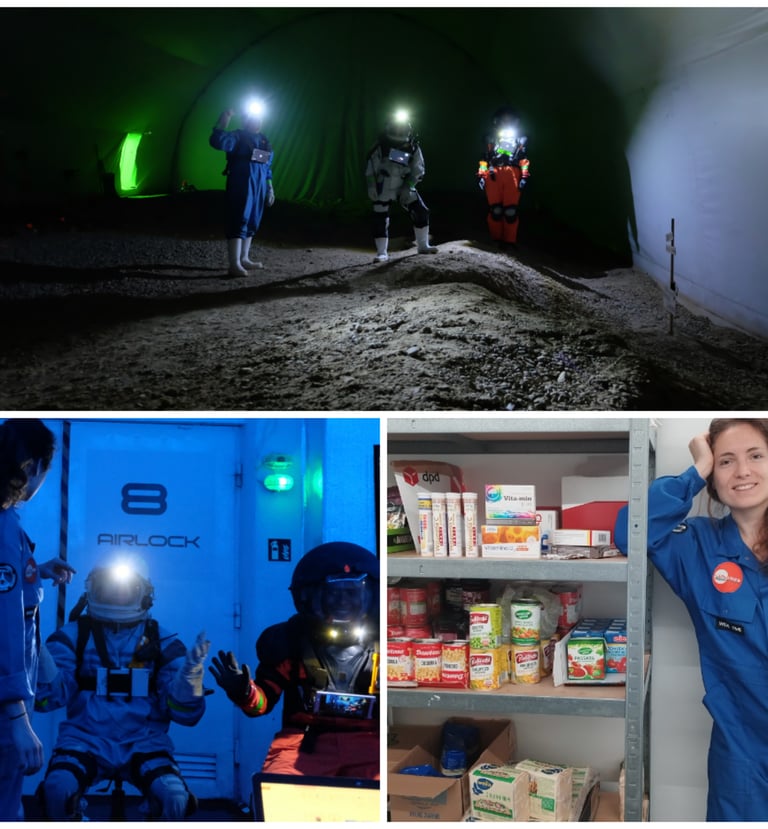

Life living as an analog astronaut in complete isolation and monodiet for 2 weeks at Lunares research Station, in Poland
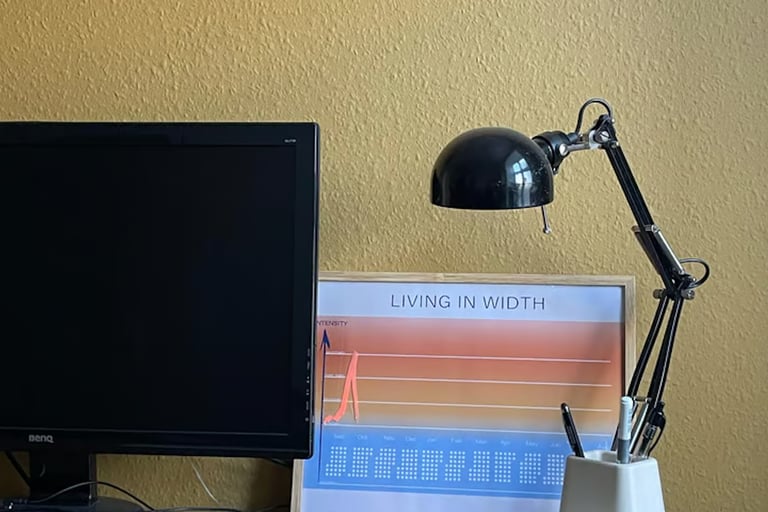

Why Your Daily Planner Is Making Time Disappear
Research in psychology shows that unfamiliar experiences make time feel longer, while routines make it vanish. This is why:
Childhood summers felt endless (everything was new)
Last month is a blur (same commute, same meetings, same Netflix)
Travel makes you feel like you lived more (novel experiences create vivid memories)
Traditional calendars optimize for efficiency: pack in more tasks, schedule every hour, maximize output. But this approach paradoxically makes life feel shorter because routine tasks don't create memorable moments.
You end the year thinking: "Where did the time go?"
Introducing Amplevity: The Art of Living Wide, Not Just Long
As the Wide Time philosophy teaches:
Longevity = Living many years
Amplevity = Living a life that feels wider than the years you've had
Amplevity comes from experiencing multiple perspectives, challenges, travels, and transformative moments. It's about accumulating experiences that make you feel like you've lived several lifetimes.
"A life perceived longer than the years lived, thanks to a high number of multiple perspectives, travels, challenges, experiences and lessons learned."
A person who lived to 80 with the same daily routine may have a shorter felt experience than someone who lived to 40 but explored different careers, countries, relationships, and ideas.
The question isn't "How long will I live?"
It's "How wide will I live?"
What If Your Calendar Spotlighted Meaning Instead of Meetings?
This is where the Wide Time Calendar enters.
Unlike traditional planners that focus on what's planned, Wide Time asks you to record what happened—specifically, the moments that made you feel most alive:
The conversation that shifted your perspective
The spontaneous road trip that became a core memory
The creative breakthrough after months of struggle
The quiet moment of connection that reminded you why you're here
You fill it out a few times per year, not daily. It's a journal without the pressure—a retrospective tool for reflection, not real-time task management.
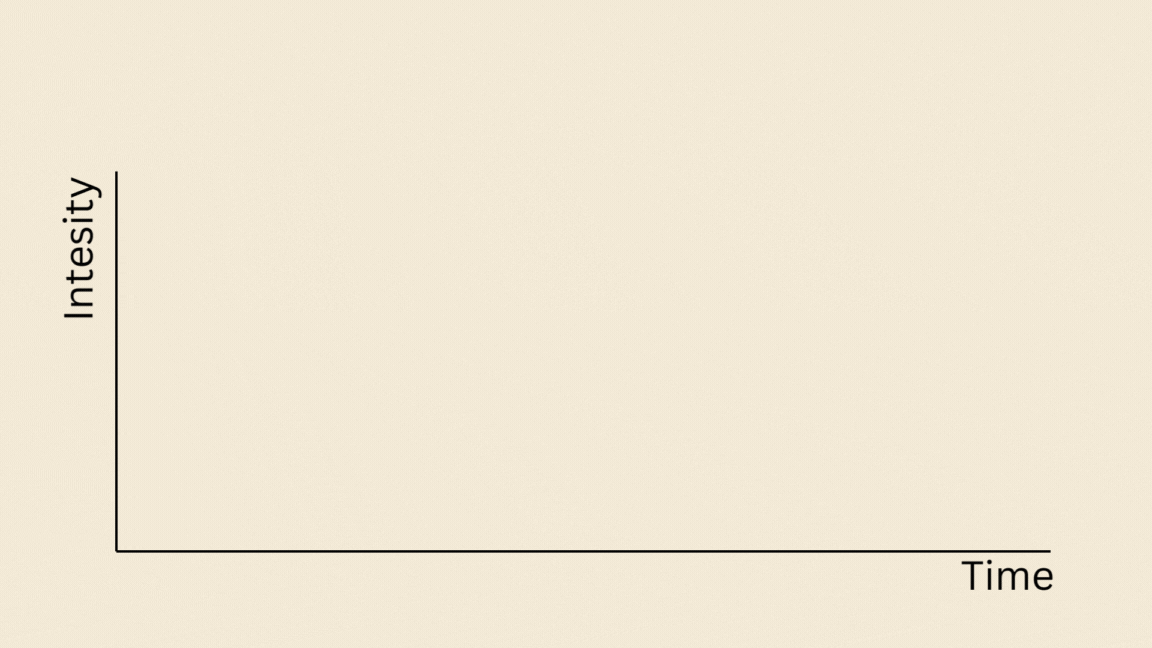

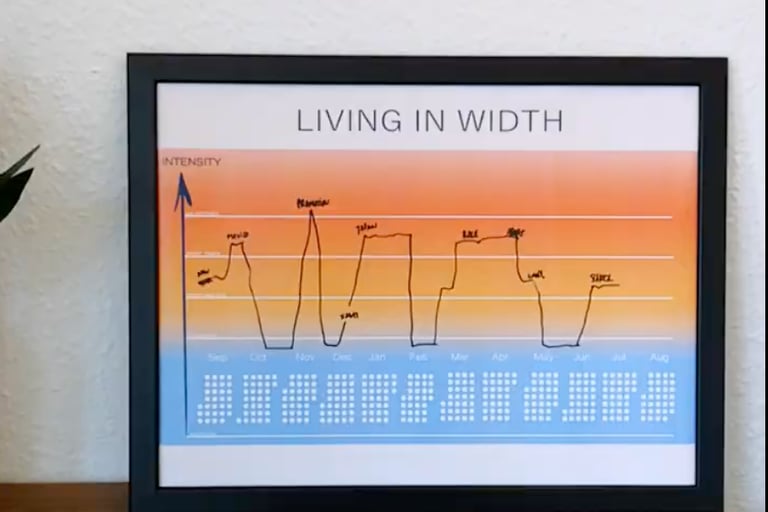

Your Life, Viewed from Above
There's a phenomenon astronauts describe called the Overview Effect: when they see Earth from space, they suddenly understand how small and precious it is. Their perspective shifts completely.
The Wide Time Calendar gives you your own overview effect—not from space, but from time.
By regularly zooming out to see the meaningful experiences that shaped your journey, you:
Appreciate how far you've come
Notice what truly matters
Stop letting days blur into weeks blur into years
Feel richer, even if nothing external changed
Start Living Wide
Time will pass whether you track it or not.
The question is: Will you measure your life in tasks completed, or in moments that mattered?
One approach makes time disappear.
The other makes it expand.
Inspired by astronauts, designed for Earth. Spark inspiration in your home. Live more fully.


The Overview Effect by seeing Earth from Space
